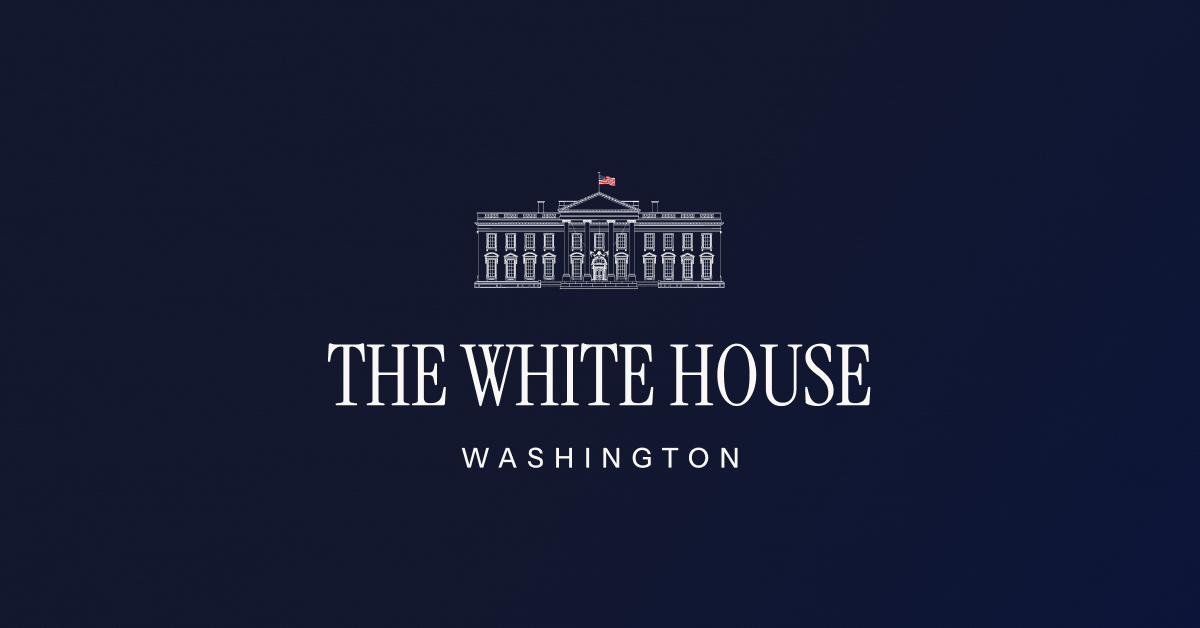- Thread starter
- #1
superchuck500
U.S. Blues
Offline
I think this deserves its own thread. Perhaps we can try to migrate discussion from the other thread to this one.
Here is the Executive Order:

 www.whitehouse.gov
www.whitehouse.gov
The order presents itself on existing good-ground to exclude children of unlawful immigrants, but that's false - the term "subject to the jurisdiction thereof" does not have an ambiguous history.
Twenty-two states and others filed immediate lawsuits to suspend and ultimately rescind the order.
Here is the Executive Order:

Protecting The Meaning And Value Of American Citizenship
By the authority vested in me as President by the Constitution and the laws of the United States of America, it is hereby ordered: Section 1.
The order presents itself on existing good-ground to exclude children of unlawful immigrants, but that's false - the term "subject to the jurisdiction thereof" does not have an ambiguous history.
Twenty-two states and others filed immediate lawsuits to suspend and ultimately rescind the order.

